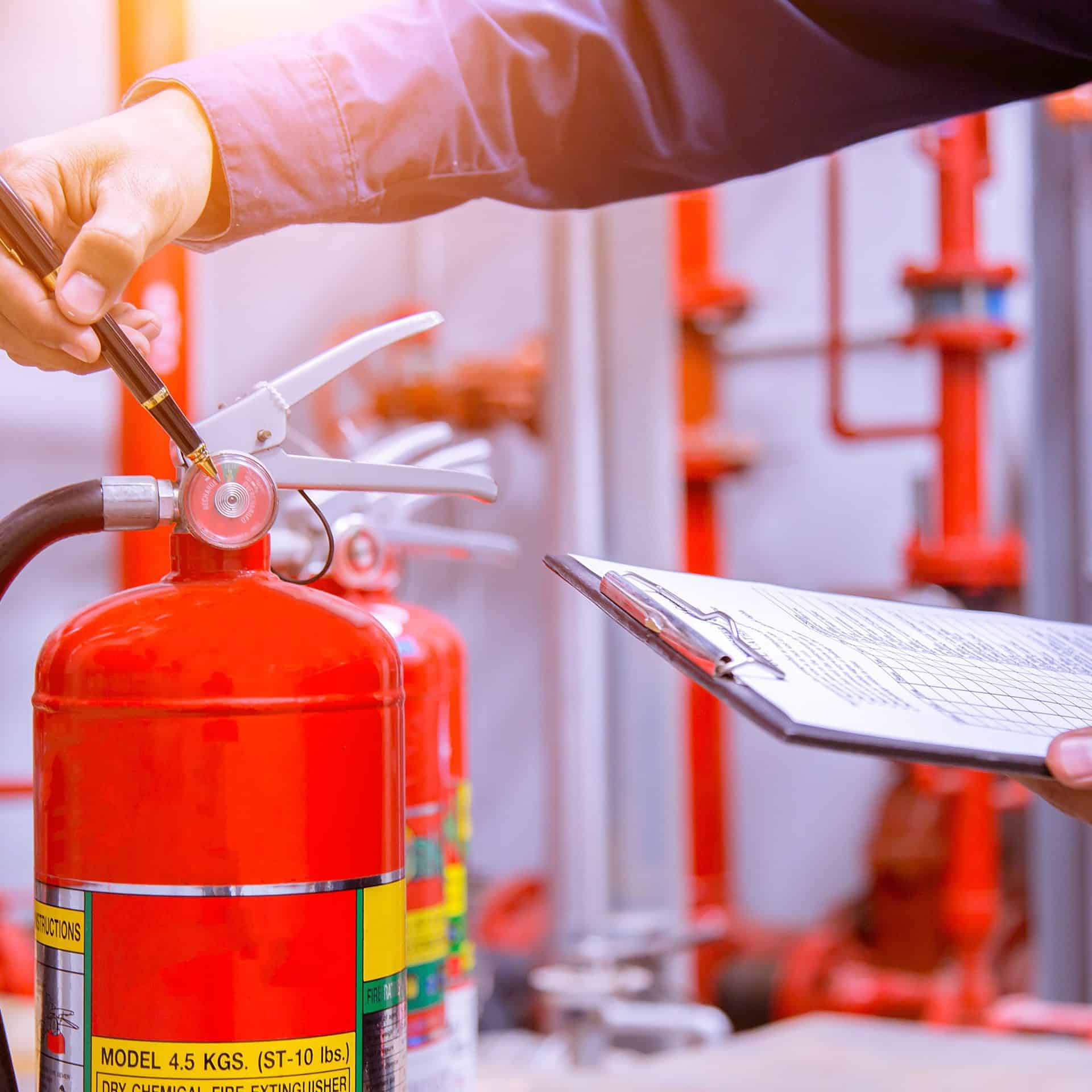Fire can occur at any time and any place – that’s why, it is important to protect your home and building from its devastating effects. Just having one (or maybe two) fire extinguishers at home might not be enough to combat a fire effectively. After all, fire extinguishers can help you find a safe exit from your home in the event of a small fire; however, they can be incompetent to put off big fires.
To ensure comprehensive fire safety, it is important to invest in robust fire protection system design services that ensure comprehensive protection in the event of fire.
Here are 5 most essential fire safety devices that you must have in your homes, at all times.
Fire Alarms: Fire alarms, also known as smoke alarms are the first line of defense against fires in any residential or commercial property. These devices are designed to detect smoke and emit a loud alarm during a fire. Install smoke alarms on every level of your home to ensure proper coverage.
Choose smart fire alarms over traditional ones. They connect to your smartphone and provide real-time alerts in case of smoke or fire. Some models can even pinpoint the exact location of fire for quick evacuation and action. Whichever model you are choosing, make sure to regularly test it and replace the batteries of your smoke detectors to ensure proper functioning.
Fire Sprinkler System: Another critical component of any comprehensive fire safety plan for homes is a fire suppression sprinkler system. These systems consist of a network of pipes installed throughout the building, typically concealed within walls and ceilings, and sprinkler heads are placed strategically across the entire house. In the event of a fire, the system detects the rise in temperature and activates the sprinkler heads nearest to the source of the heat. The sprinklers then release water to suppress the fire and prevent its spread – providing not only rapid response to fires but also minimizing property damage and protecting lives. However, it is important to get a fire sprinkler system design done by experts.
Professional fire sprinkler system design experts take into account various factors such as the layout of your home, potential fire hazards, and local building codes and regulations. They provide you with a well-designed fire sprinkler system that meets your specific needs and ensures maximum effectiveness in the event of a fire.
Fire Extinguishers: Fire extinguishers come handy for extinguishing small fires before they escalate into major disasters. Just like the other two fire safety equipment, fire extinguishers also help to prevent the devastating effects of fire. That’s why, having one (and may be two or more) at home is a must.
There are different types of fire extinguishers available in the market, each designed to combat specific types of fires: such as Class A (wood, paper), Class B (flammable liquids), and Class C (electrical). Choose the one that best suits your needs and strategically place the in easily accessible locations throughout your home.
Carbon Monoxide Detectors: Carbon monoxide (CO) is a colorless, odorless gas that’s produced if your fuel-burning appliances, such as furnaces, water heaters, and gas stoves, go kaput. Exposure to high levels of CO is life-threatening. That’s why, installing carbon monoxide detectors near your fuel-burning appliances and sleeping areas can help you detect gas leaks and take remedial measures before they become life-threatening.
Fire Blankets: Fire blankets are flame-resistant blankets made of fire-resistant materials such as fiberglass or wool. You can use them to extinguish small fires, such as a stovetop or grease fire, or wrap them around you/ your loved ones to protect them from flames and heat during an unfortunate event of fire. Keep a fire blanket in your kitchen or near cooking appliances to quickly extinguish grease fires or clothing fires.
Regularly inspect your fire blankets for signs of damage or wear and make sure that all family members know how to use a fire blanket properly in case of an emergency.
By incorporating these fire safety measures at home, you can significantly reduce the risks associated with fire. Remember, you can’t always prevent fire, that’s why it is important to stay prepared – with all the key essentials – for an event you hope never happens!

